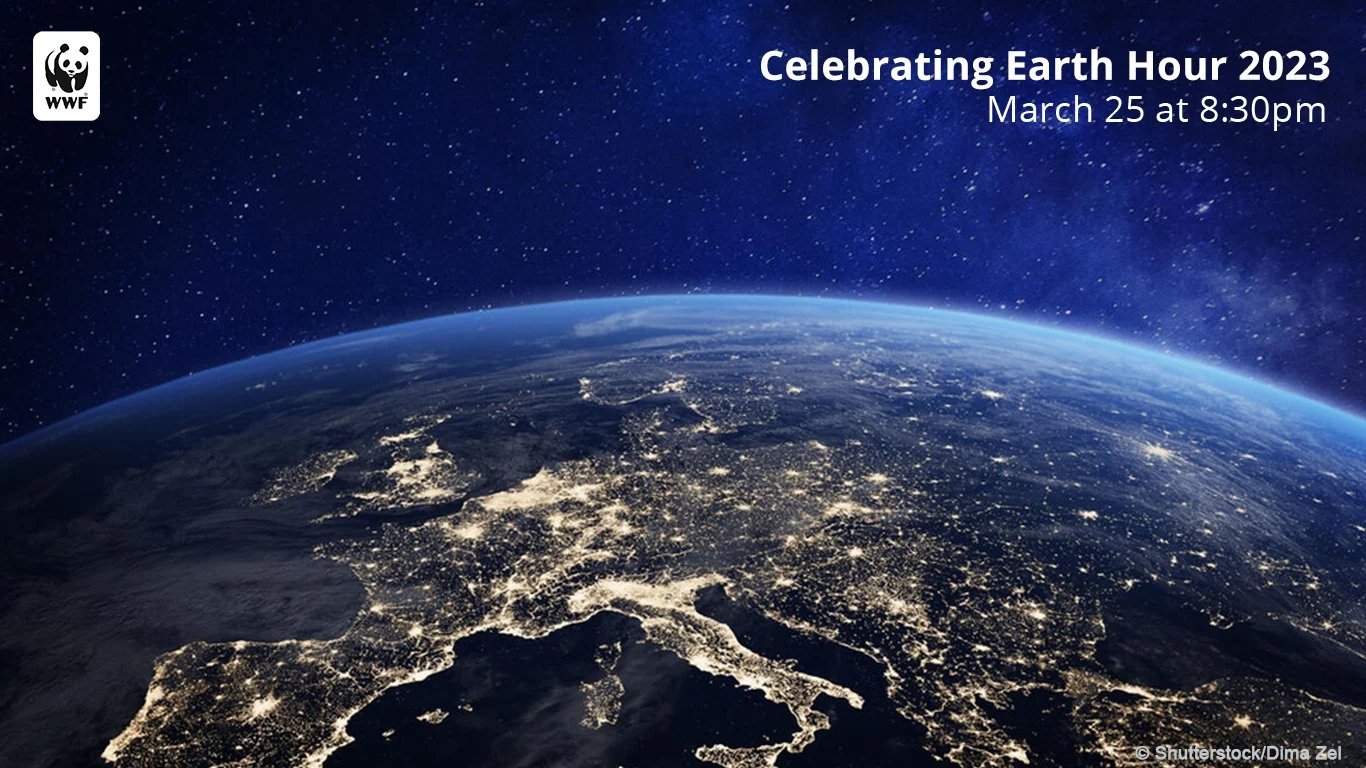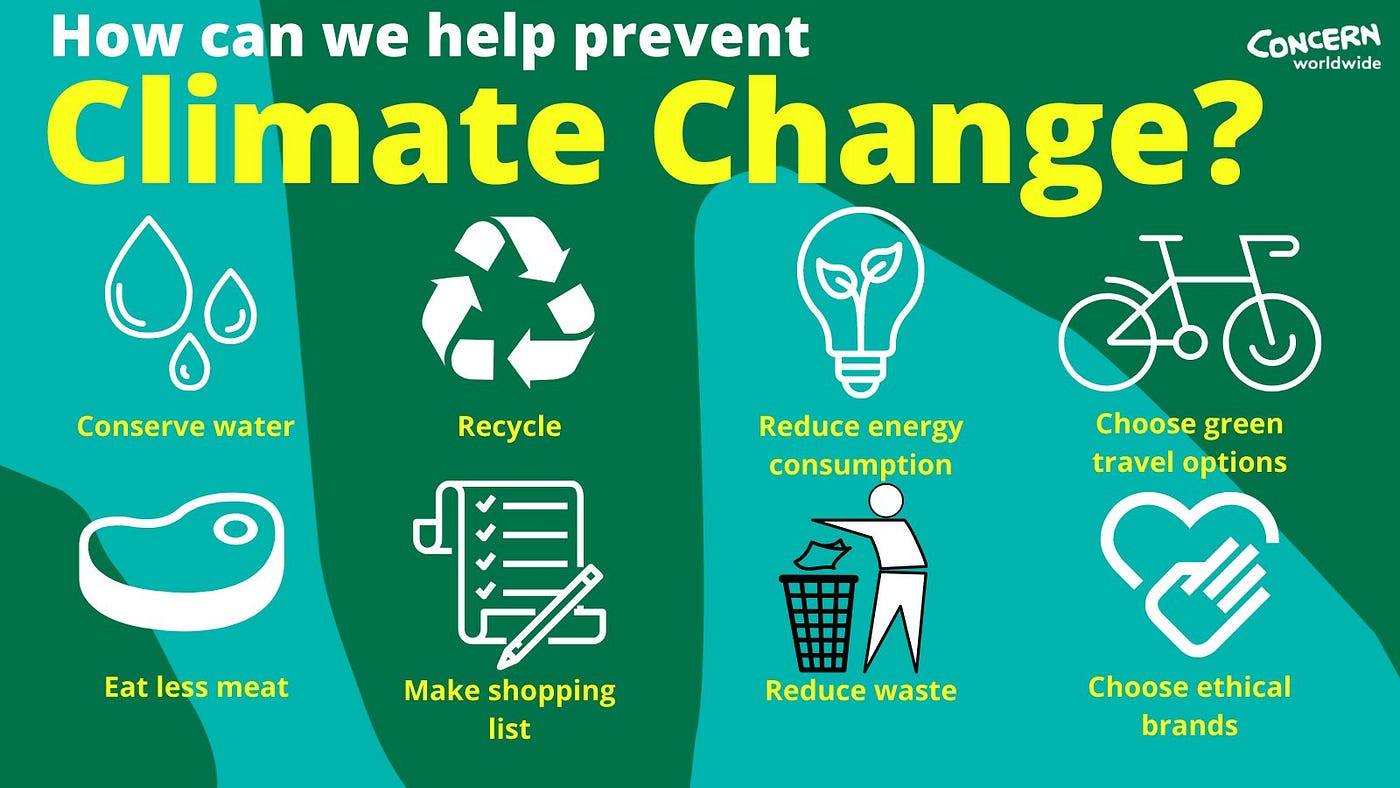
On March 25, 2023, individuals, communities, and businesses worldwide will celebrate Earth Hour by turning off all lights and electronics for 60 minutes. The hour-long blackout will occur from 8:30 to 9:30 PM local time. The global event, held annually on the last Saturday in March, reminds us of the urgent need to protect our planet.
Not sure what to do without your gadgets and television for a whole hour? The World Wildlife Fund (WWF) has some ideas. Plan a candlelight dinner with family and friends. Or better still, have a picnic under the stars. If that is not exciting enough, how about a late-evening hike or bike ride? You can also go camping and make it an "Earth Night."

Earth Hour began in Sydney, Australia, 17 years ago. On March 31, 2007, the Australian chapter of the WWF asked the city's residents and businesses to turn off all lights for an hour. Over two million households and 2,100 enterprises complied. This small action helped save 10 percent of the electricity used during a typical evening hour in Sydney.
News of Earth Hour's impact encouraged more people to join the movement. In 2008, over 50 million people in over 5,000 cities worldwide observed Earth Hour. The numbers have only grown since. Earth Hour is now the world's largest grassroots movement for the environment. It is celebrated in over 180 countries and territories.

Earth Hour has also inspired numerous environmental initiatives. They include the establishment of a 3.5-million-hectare (35,000 sq. km) marine sanctuary in Argentina and a 2,700-hectare (27 sq. km) Earth Hour forest in Uganda. In Indonesia, the movement led to the planting of 20,000 mangrove trees in 13 cities. It has also helped pass new laws to protect Russia's seas and forests.
While the big actions certainly help, minor lifestyle changes can also help restore our planet's health. According to the WWF, simple actions such as turning off unneeded lights, conserving water and reducing plastic waste can all help reverse climate change. Let's all do our part in saving the only home we have.
Happy Earth Hour!
Resources: Earthhour.org, Wikipedia.org
